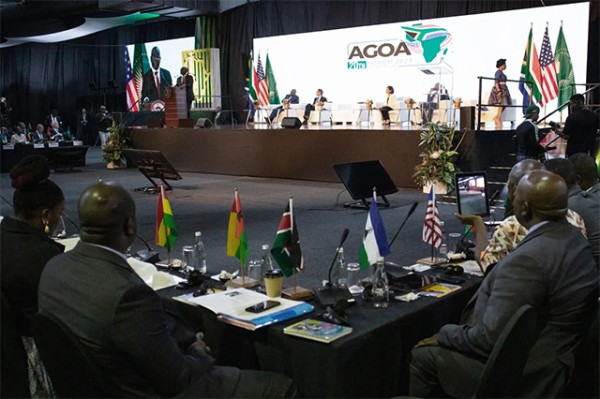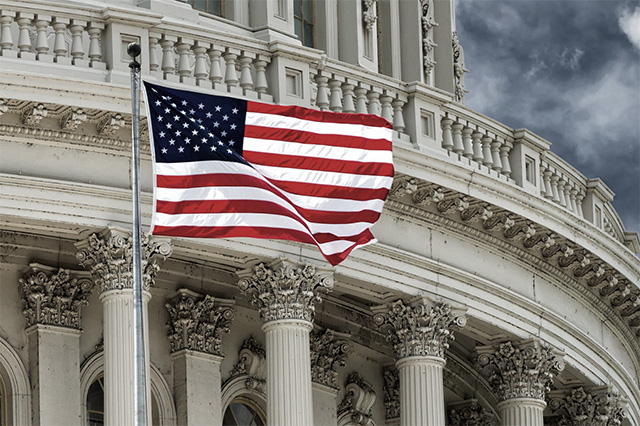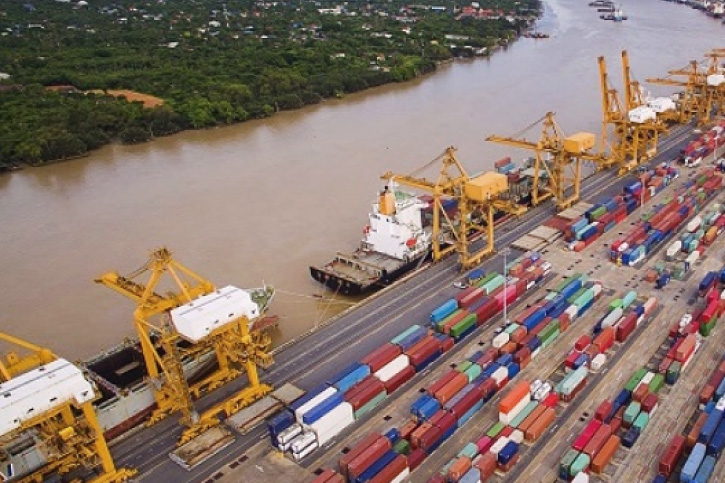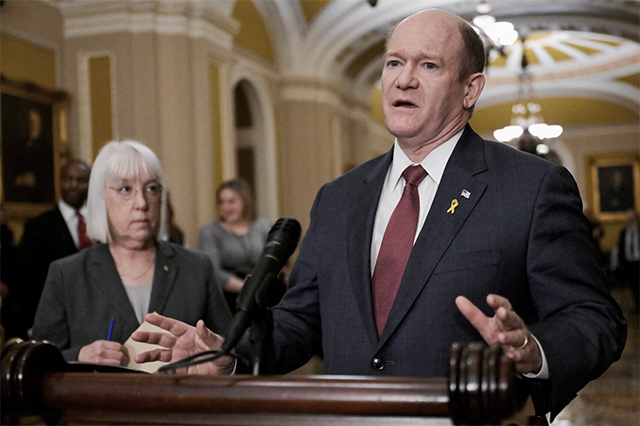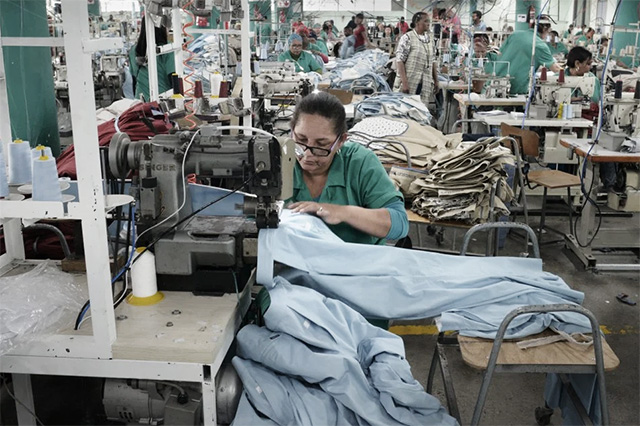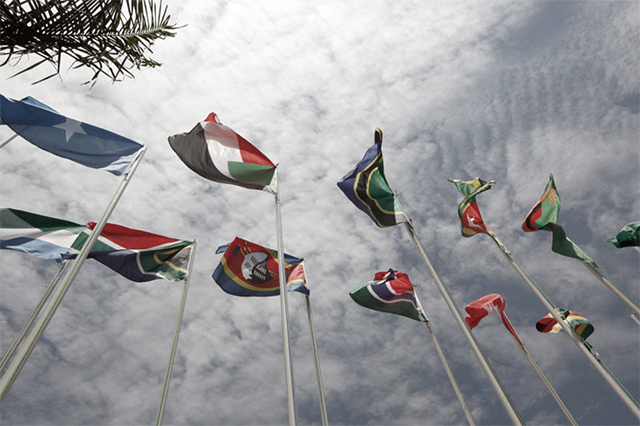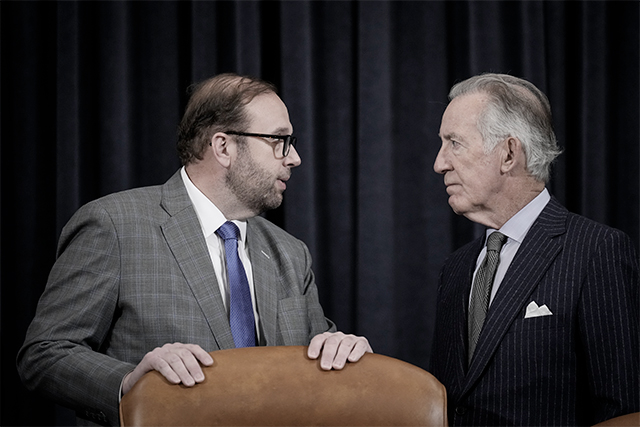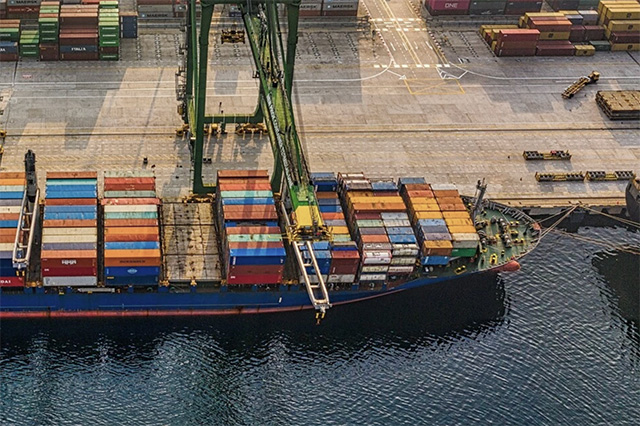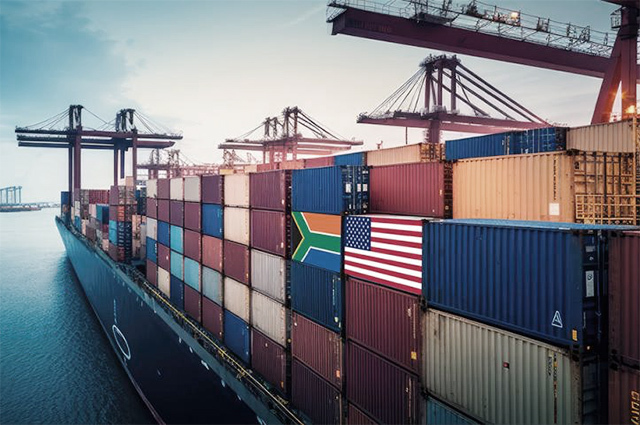US faces tricky questions with African trade group
As the United States seeks to deepen its relationships with African nations and counter the influence of rivals like Russia and China, it confronts a tricky question: How does it respond when countries do things that run afoul of Washington’s stated commitment to democracy and human rights?
That tension hung over a major trade conference between the U.S. and African countries that started in Johannesburg this week, after President Biden announced that he was suspending four nations from a critical trade program that aims to promote economic development in Africa.
One of the suspended countries, Uganda, which passed a law this year calling for life imprisonment for anyone who engages in gay sex, sent a delegation to the conference to argue for its reinstatement to the program, the African Growth and Opportunities Act, or AGOA. Mr. Biden wrote to Congress that Uganda had been removed because it “engaged in gross violations of internationally recognized human rights.”
Susan Muhwezi, a trade adviser to the Ugandan president, rejected that statement, describing Uganda as “an island of peace.”
“If we are supposed to be friends, to trade with each other,” she said in an interview at the conference, “I think there are better ways of expressing your concerns than saying, ‘I’m the boss and I have to punch you.’” She added that removing Uganda from the program would damage the livelihoods of traders of cotton, coffee, vanilla and other goods that accounted for the $12.3 million in exports that the East African nation made through the U.S. trade program last year.
“Isn’t it also a violation of human rights in a different way?” she said, referring to the U.S. decision to suspend Uganda from the program.
Once the suspensions take effect on Jan. 1, there will be 31 countries participating in the trade program. It was signed into law in 2000 and is open to nations in sub-Saharan Africa, allowing them to export certain goods to the U.S. without having to pay duties. Last year, the U.S. took in about $30 billion worth of goods through AGOA. [AGOA.info note: US imports from AGOA beneficiary countries were worth $30b in 2022, the share of AGOA-eligible trade within this amounted to $10.2b. Most of the remaining trade was duty-free under general trade terms]
The tension between promoting democracy and human rights, on one hand, and maintaining influence abroad is hardly a new one for the U.S. It is very much alive in Africa today with the competition between the U.S., Russia and China, where Moscow and Beijing promise aid and security without strings. But for the U.S., the campaign to promote democracy is, among other things, an essential selling point for a domestic audience that has grown increasingly isolationist in recent years.
Gabon and Niger were suspended by Mr. Biden in the aftermath of coups that ran afoul of the trade program’s eligibility requirements. The president of the Central African Republic, which was also suspended, pushed through a measure this year to scrap presidential term limits. Wagner, the Russian mercenary group, runs the country’s security.
To maintain eligibility in the program, countries must adhere to certain conditions, including supporting democracy, protecting human rights and not acting against U.S. national security and foreign policy interests.
They can be suspended for committing “gross violations of internationally recognized human rights” or supporting terrorism and efforts to eliminate human rights. Enforcing these requirements comes with difficult calculations for the United States.
The Biden administration has stressed the importance of engaging African nations as equals. But in taking punitive actions, Washington risks being seen as lecturing or trying to impose its values on countries that have a painful and not-too-distant experience of colonial rule.
While these suspensions were the result of violations that the White House found to be egregious, Biden administration officials say they are trying to be sensitive to these concerns. Judd Devermont, a top adviser to the White House on African affairs, said the administration has prioritized “injecting some more complexity in our relationships” in Africa and accepting that it will disagree with countries on some issues.
“When we have differences, we should lean in and talk about them,” he said. “By the way, that’s what we do with other countries in other regions of the world.”
Even some American lawmakers have argued that the U.S. needs to be cautious in revoking privileges from African countries that may violate the standards it has set. Doing so, they argue, could end up punishing ordinary people for the actions of their governments, and it could cause African nations on the continent to drift toward rival countries that would result in an even greater threat to American interests.
Other than “egregious violations of principle or undermining core American interests,” it is important to keep countries in the trade program for “the entrepreneurs and small business people in the country as well as for the overall relationship,” said Sen. Chris Van Hollen, a Democrat from Maryland.
At the same time, the Biden administration is facing pressure from lawmakers, particularly Republicans, to scrutinize the nations that benefit from AGOA even more closely.
They point to the host nation of the conference, South Africa, which just six months ago was in a tense standoff with Washington over allegations made by the U.S. ambassador that South Africa provided weapons to Russia for the Ukraine war.
Republican senators James Risch of Idaho, the ranking Republican on the Foreign Affairs Committee, and Tim Scott of South Carolina released separate statements this week criticizing the Biden administration’s decision to proceed with the conference in South Africa while the issues around South Africa’s support of Russia remain unresolved.
They also criticized South Africa’s response to the war in Gaza, noting that South Africa’s foreign minister spoke with the Hamas leader, Ismail Haniyeh, on the phone and visited Iran, where she met with President Ebrahim Raisi. Hamas, which controls Gaza and orchestrated the attack on Israel on Oct. 7, is a proxy of Iran.
“The administration’s decision to host the AGOA forum in South Africa and maintain South Africa’s eligibility for AGOA benefits in 2024 compromises the program’s integrity and our trade preferences,” Mr. Risch wrote.
The trade program is set to expire in 2025, when Congress must decide whether to reauthorize it. While Mr. Risch said he supported its renewal, he suggested that lawmakers might demand significant changes to the program, which could lead to a difficult reauthorization process.
The White House likely concluded that whatever sins South Africa may have committed, imploding the relationship over them wasn’t worth it, several analysts said in recent interviews.
South Africa is the largest beneficiary of the trade pact, with $3 billion in exports last year. It is one of the continent’s most advanced economies, and the U.S. sees it as an important ally with influence over other African nations.
South Africa has mediated peace efforts in several conflicts across Africa, helping to create a stability that the U.S. sees as vital to its own interests, in part because it can prevent the spread of extremist groups.
Teddy Ruge, a business owner from Uganda, was on a plane on his way to Johannesburg when Mr. Biden announced the suspensions. Mr. Ruge is the founder of Raintree Farms, which exports to the U.S. moringa, a plant-based powder that is used in many health products.
Sitting at the conference behind a booth draped in the Ugandan flag, he said he felt embarrassed that everyone was staring at them as if they were “the bad child.”


